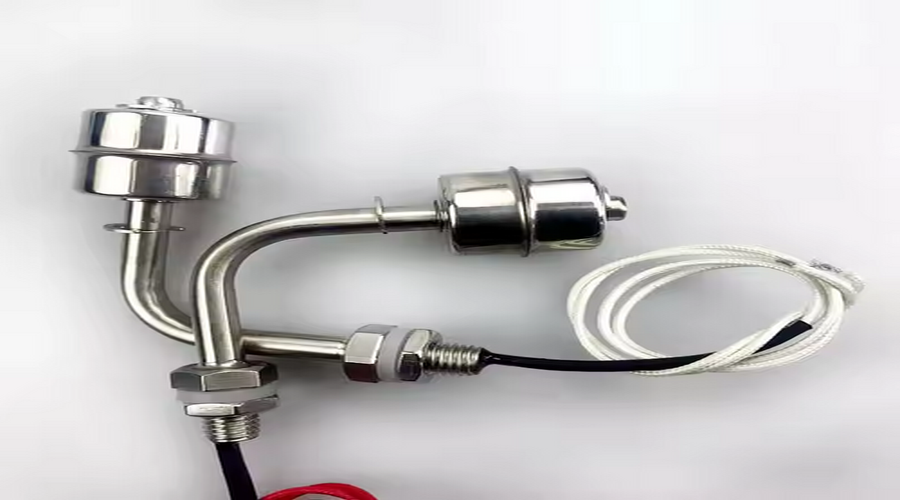
A float switch, often dubbed a buoyancy-driven controller, is a streamlined instrument crafted to oversee and command liquid elevation within vessels, conduits, or storage units. By harnessing the natural movement of a buoyant element, this apparatus detects fluid shifts and triggers actions—like activating pumps or sounding alerts—to sustain ideal levels. Far from a niche gadget, it’s a silent hero in industries where liquid mismanagement spells disaster, from municipal waterworks to pharmaceutical labs.
Cracking the Code: How Buoyancy Becomes Command
At its heart lies a sealed float tethered to a pivoting arm. As the liquid climbs, the buoyant module rises, tilting the arm to engage a contactless sensor (e.g., a hermetically sealed reed switch) or mechanical actuator. This motion either completes or interrupts an electrical pathway, dictating equipment behavior. Picture a fuel tank: a sinking float might cut power to a refill pump once capacity is reached. This mechanical genius thrives where digital counterparts falter—think sludge-filled sumps or subzero storage.
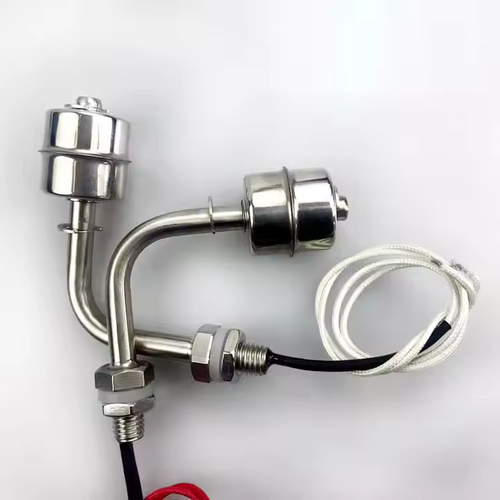
Uncharted Territory: Where Float Switches Redefine Efficiency
Beyond guarding against spills or dry runs, these controllers unlock innovation. In hydroponic farming, they maintain nutrient solutions for crop health. Data centers deploy them to cool server rooms by regulating chilled water flow. Even avant-garde artists embed float switches in kinetic sculptures responsive to rain or tides. Their compatibility with aggressive chemicals, viscous oils, or sterile fluids makes them a Swiss Army knife for engineers.
Why Simplicity Trumps Complexity in Liquid Stewardship
Float switches defy the “more tech, better results” myth. No firmware glitches. No calibration headaches. Just robust, set-and-forget operation. For cost-conscious sectors like agriculture or small-scale manufacturing, they’re a budget-friendly shield against costly leaks or pump burnout. When downtime isn’t an option, this analog stalwart delivers—rain, shine, or corrosive storm.
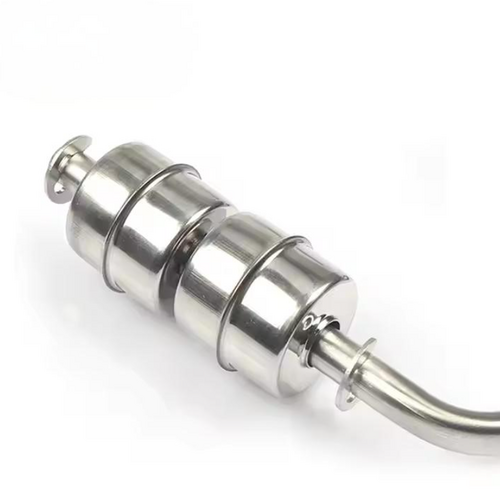
The Bottom Line
Grasping the float switch’s essence isn’t about jargon—it’s about embracing a tool that turns liquid chaos into controlled order. Whether securing urban water supplies or perfecting craft beer batches, its legacy lies in doing more with less. In a world obsessed with smart tech, sometimes the wisest solutions float quietly under the radar.
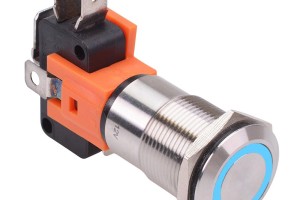
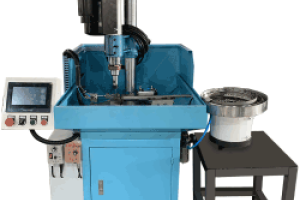
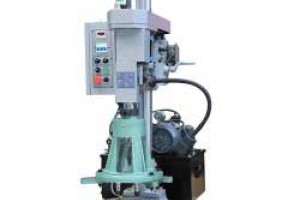
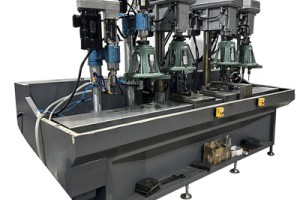
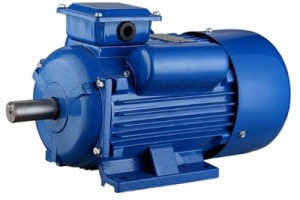
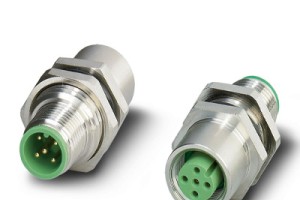
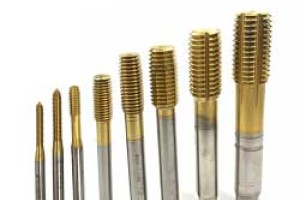
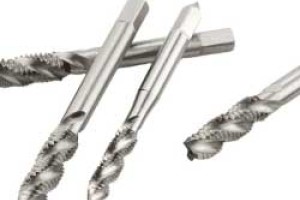
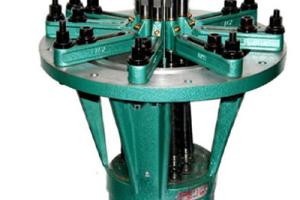
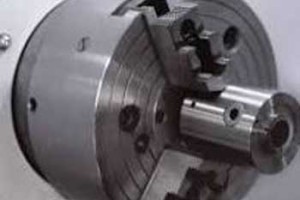
Leave a comment